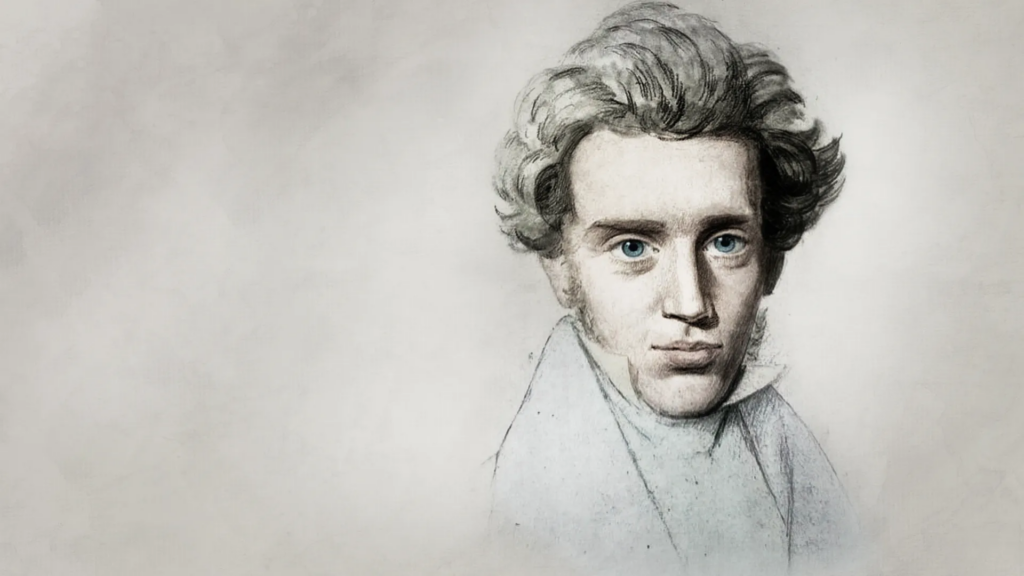First-time mothers increase by more than 19% at age 40
Causes and repercussions

The number of women who become first-time mothers at the age of 40 in Spain has increased by 19.3%, according to data from the National Institute of Statistics (INE). In this way, our country leads Europe in terms of births of babies to mothers over 30 years of age. It must be remembered that Spain is the seventh country in the world with the worst fertility rate, located below the generational replacement level for 40 years.
According to data from Statista, a global data platform that provides market research, the trend of Spanish women continuing to have more children after the age of 30 continued in 2022, especially highlighting the age range between 32 and 36. Specifically, 23,919 women had a child by age 35, while the number of births to women between 20 and 30 remained below 20,000 in all cases.
Some of the causes that can be attributed to this fact, as we have previously analyzed, are the delay in motherhood until job stability is achieved, the lack of conciliation policies, unemployment, economic insecurity, the search for personal fulfillment in the world of work or the increase in separations and abortions, among others.
Abortions and fertility treatments
According to a report from the Family Policy Institute (IPF), 269 abortions were performed daily in Spain in 2022. This represents a total of 98,316 abortions annually, the figure having increased by more than 8,000 compared to 2021. Along with France and Germany, it is the country in the European Union where the most pregnancy interruptions occur.
While the numbers of abortions grow at an alarming rate, the number of women who undergo fertility treatments each year in search of pregnancy also increases. In the last year, the increase has been 30%. More than half of the oocyte donation treatments in Europe are carried out in our country, thus becoming the largest provider of oocytes on the entire continent.
As we pointed out in our Observatory, while in many countries there are restrictions and prohibitions in relation to this practice, in our country any woman can access these treatments thanks to the few obstacles that exist as a result of flexible legislation and very short waiting lists. . That is why many international patients travel to Spain every year to access some fertility treatment.
Many patients around the age of 40 go to assisted reproduction clinics, such as in vitro fertilization (IVF), to achieve a pregnancy due to the decrease in fertility with age, increasing the risk of chromosomal alterations and the probability of a spontaneous abortion occurs. “In those cases of IVF with one’s own oocytes, it is common to complete the process with the genetic analysis of the embryos (Preimplantation Genetic Test, PGT-A) before transferring them to the uterus, since, with increasing age, the risk increases of chromosomal alteration in the embryo, which is related to a lower implantation rate and a higher risk of abortion,” says Dr. Marina González, head of an assisted reproduction clinic.
But the risks for the future baby conceived through assisted reproductive techniques (ART) do not end there. Numerous studies have analyzed the possible differences and similarities between children conceived through ART and those conceived naturally. While most previous studies on children conceived by ART have focused on perinatal outcomes and childhood, a small number of studies have extended the follow-up period into adolescence and young adulthood. (Berntsen et al., 2019; Norrman et al., 2018; Rissanen et al., 2019; Svahn et al., 2015).
According to a study published by the European Journal of Population that analyzed adolescents who were conceived naturally versus those conceived through assisted reproduction techniques, the latter suffer more anxiety or depression before reaching adulthood.
Bioethical assessment
The dramatic decline in birth rates in many developed countries and, especially, in Spain, constitutes a serious demographic problem on which insufficient action is being taken.
To abortion, we must add other causes that are at the origin of the problem. The fact of delayed motherhood that we analyze in this article and the subsequent resort to ART to try to compensate for the decrease in women’s fertility with increasing age, seems to be a consequence of the sociological changes in advanced societies where the work structure and the scale of values in which fulfillment and personal enrichment prevail relegate the expectations of starting a family and conceiving children to the background.
Hedonistic criteria, which confuse pleasure with vital meaning, rule out paternity and motherhood at the most fertile ages and, we could say, more biologically suitable for gestate and raising children. The social structures promoted by the governments of many developed countries, with ours at the head, seem to underestimate the real protection of the family, which implies the creation of opportunities for raising children with support of a work, economic, health or social, that allow many couples to value their fatherhood and motherhood as a true value of meaning, a form of personal donation that realizes aspirations for personal fulfillment much better than mere economic or recreational progression.
Recovering the family, open to receiving children, as a basic cell of society and a privileged place for human education, is the responsibility of everyone, not only of governments with their policies, but also of the media and schools, which They must work to distance the false image that paternity and motherhood in the family project have as a situation that puts personal fulfillment at risk, specifically in the workplace, and present it as what it is, the privileged place to welcome life and accompany it towards a full realization.
Related

Reversing Social Deterioration: A Task That Begins in Business Management
Alejandro Fontana
25 April, 2025
4 min

The Revolution of Tenderness
María Elizabeth de los Ríos
25 April, 2025
3 min

His Hope Does Not Die!
Mario J. Paredes
24 April, 2025
6 min

The Religious Writer with a Fighting Heart
Francisco Bobadilla
24 April, 2025
4 min
 (EN)
(EN)
 (ES)
(ES)
 (IT)
(IT)

